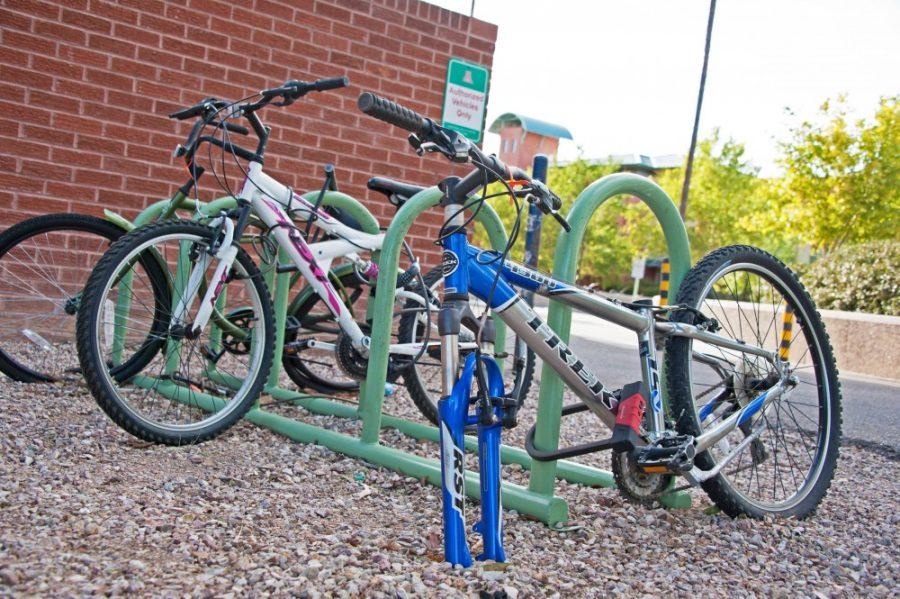All fired up
President Barack Obama’s harsh educational reforms have come under fire, and, while some may say firing faculty at public institutions is an unproven method of helping education, we believe reform is needed in order to truly increase school value. In the case of an underperforming Rhode Island school, the board of education decided to fire all of the teachers due to poor test results in prior years. The decision to fire the 93 teachers has come under great critique as the $3.5 billion federal school aid program gets started, according to The New York Times.
Teaching has slowly but surely been turning into just another profession or job until a real career comes through. The sad truth is that many public school teachers do not put in the same effort as they did decades ago. The situation is even grimmer when it comes to underprivileged schools and the children who attend them. If those kids who grow up in the inner slums of cities are not given proper educational opportunities from the start, their likelihood to succeed decreases with age, and the lack of dedicated instructors will only deepen their hardships.
While trying not to get too into the political aspect of the problem, former President George W. Bush’s No Child Left Behind debacle only attempted to get students, suited for grade promotion or not, through the system to high school graduation. Obama’s plan, however, is an example of quality education reform, rather than the supposedly fair-for-all temporary solution of letting underperforming children and excelling students graduate at an arm’s length of each other. And, with the addition of a federal school turnaround of $3.5 billion, Obama’s support for nixing poor faculty only serves to eliminate those who do not qualify for funding.
The Central Falls, R.I., school that has become one of several locations of debate saw a mere 7 percent of kids passing their 11th grade state math exams. Therefore, the decision to fire those 93 teachers is valid, as the district, state or federal administration had to put its foot down on educational reform. After all, even in poor school districts, teachers are some of the highest paid figures, and if the ultimate goal is to receive a paycheck, then the reason for teaching and the system itself has reversed from times when education was a priority. Underperformance is the teacher’s fault, and, if a passion for teaching is not a teacher’s top priority, then funding from the federal government should be in no way a method of escape for schools.
—‘Firing faculty necessary,’
The Rutgers Daily Targum editorial board, March 7
Only three more days
Finally.
Spring Break.
As you travel to your exotic destination — or stay at home — it’s important to remember to stay safe. We want all of you to have fun and return in one piece. Along those lines, here are some phrases you definitely don’t want to hear over break:
– E-mail from professor: By the way, your five-page paper is due the Tuesday after break.
– This is a dry county.
– How’d you get that tattoo on your lower back/foot/forehead?
– The beach closes at dusk.
– This is just like “”The Hangover””!
– Snowpocalypse 2010 2.0!!!
– Where’d this ring come from?
– Hey it’s your mom! I decided to join you guys on the beach.
– What’s your name again?
– Have you seen my wallet?
– Welcome to Alaska!
– I thought you were on the pill!
– Would you like to be in an episode of “”Jersey Shore””?
– Oh, it’s not that type of beach?
– The opening band is The Baja Men.
– Did I leave my hair straightener on?
– John Edwards invited me to his house party. Should I go?
– Someone pee on me. I just was stung by a jellyfish.
– So what are you in for?
—‘Phrases you don’t want to hear this Spring Break,’
The Ball State Daily News, March 4
It makes Census
Students will receive one of the most important documents in their college careers during the next month.
Not the failing results of mid-term exams or rejection letters from graduate schools, but the 2010 Census.
Ironically enough, the little document, which takes just a few minutes to complete and has profound effects on Congressional representation and federal funding, has had extremely poor response rates from students in the past.
During the last Census, in 2000, four of the five Wake County tracts — a population measurement tool — with the worst response rates were in the University vicinity.
Many students seem to view the Census as unimportant, or are under the impression that it won’t affect them. Truth be told, the Census has incredibly profound effects on students.
It can help bring additional funding into the state and local governments and can even allocate new Congressional districts to the state.
It’s more than a civic duty to complete the Census; it’s common sense, and students must realize its importance for — without getting corny — being counted.
More so than voting, even, it is one of the most effective ways to participate in representative democracy and have a real influence on the future of the country.
If you frequently complain about potholes in the road, wait times at the hospital and — even more importantly — funding to state universities, fill out your Census.
The short self-assessment is a very powerful tool and can be a catalyst for change in the community; it does the entire area — university or otherwise — a disservice not to account for the growing campus population during the last 10 years and deny the next decade’s worth of students the resources the government should afford.
Take the time to fill out the Census before mid-April, and encourage your friends to follow suit — you won’t get another chance until 2020, and the funding and representation has never been so important.
—””It’s basic arithmetic: get counted,””
The North Carolina State University Technician editorial board, March 5
—compiled by Anna Swenson








